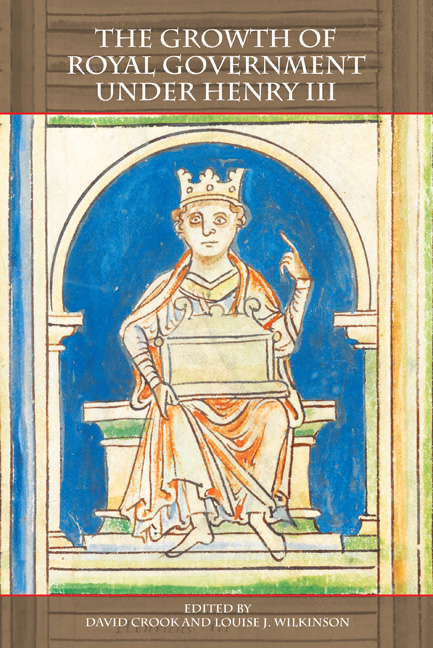8 - An Inventory of Gifts to King Henry III, 1234–5
Published online by Cambridge University Press: 13 April 2021
Summary
Now that the fine rolls of Henry III's reign are emerging into the public domain, and now that we have a far clearer understanding of royal finances as recorded in the various enrolments of the Exchequer and Wardrobe, a question of significance looms even larger than it did in the days of Reginald Lane Poole or Sir James Ramsay: to what extent can the Exchequer accounts of income and expenditure be relied upon for an accurate assessment of royal revenue? It has long been recognised that the Exchequer accounts have to be used with care. Covering only that portion of the king's revenue derived from the county farms, from sheriffs, and from other such ‘routine’ sources as fines and the profits of justice, they omit an indeterminate but substantial proportion of the money that flowed each year into the king's coffers. The profits of war, of backstairs intrigue, of money raised in loans or from the regular pawning of the king's valuables, all of these sources of income, and more, go unreported in the standard Exchequer accounts. In what follows, I shall examine just one such potential bounty: the gifts and precious objects presented to the king by courtiers and diplomatic contacts. Here I shall bring into play a record of such gifts produced over a period of six months in 1234–5. As we shall see, this record is of far more than merely financial significance.
Edited below, our list of treasures occupies one side of a membrane of parchment, today preserved amongst the Chancery Miscellanea of The National Archives (C 47/3/4/1). The parchment itself is holed and rodent damaged, leading to the loss of a small number of letters and words. First noticed in 1857, and resignalled in a 1964 guide to royal household records in the Public Record Office, its significance was not properly appreciated until the 1990s. Since then it has several times been noticed in print, most substantially by Ben Wild, who in 2010 published the text that occupies the reverse side of the membrane on which our list is preserved.
- Type
- Chapter
- Information
- The Growth of Royal Government under Henry III , pp. 121 - 146Publisher: Boydell & BrewerPrint publication year: 2015



